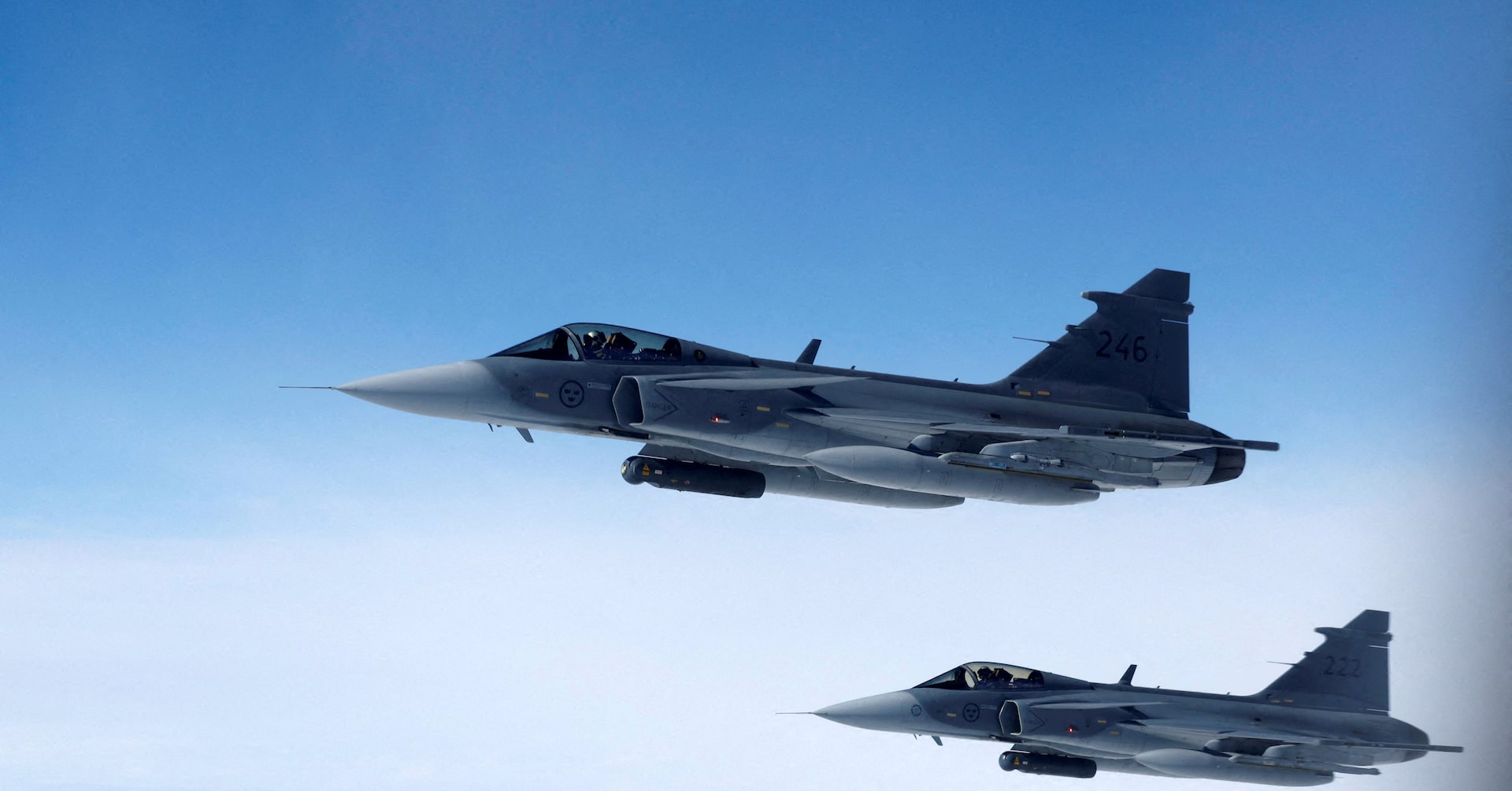Defense Dollars Unite: EU Ministers Plot Groundbreaking Weapons Procurement Strategy

In a groundbreaking move, European Union finance ministers are set to explore an innovative approach to collective defense procurement this week. The proposed intergovernmental defense fund represents a bold strategy to streamline military equipment acquisition and sharing among EU member states.
Under the proposed plan, the fund would not only purchase and own defense equipment but also implement a usage fee system for participating countries. This approach could potentially revolutionize how European nations collaborate on military resources, offering a more cost-effective and unified defense strategy.
The detailed proposal, which has been carefully prepared for ministerial discussions, signals a significant step towards enhanced European military cooperation. By creating a centralized fund, the EU aims to optimize defense spending, reduce individual national costs, and strengthen collective security capabilities.
As ministers gather to deliberate this ambitious initiative, the potential implications for European defense infrastructure are substantial. The proposed fund could mark a pivotal moment in EU military and financial integration, demonstrating a commitment to shared security and strategic resource management.
